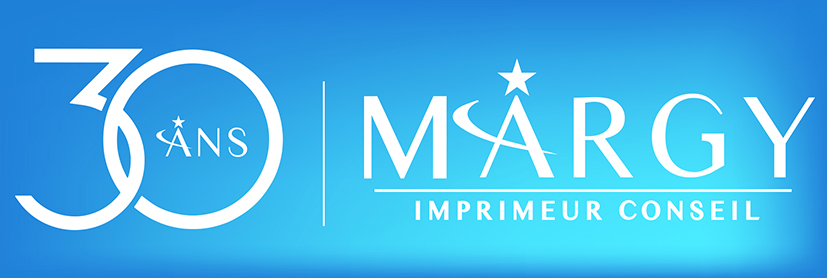Digital technologies are evolving rapidly. At the EBG Annual General Meeting, the web gurus played Madame Soleil to predict the trends that will make tomorrow’s marketing buzz, with artificial intelligence and the use of our data at the centre of this evolution.
The focus of the research is on artificial intelligence linked to advances in direct contact with humans and the digital applications we use every day.
Artificial intelligence and deep learning applications
Deep learning, which is the focus of the main developments, enables systems to guess at the structure of data in order to order it and direct the query. For example, have you ever had the impression that your PC and Google’s friend were guessing what you were looking for even before you had finished typing your search? There’s nothing magical about it – Google doesn’t read your mind, it uses all the data it has collected on you and combines it with its trillions of statistics to give you an answer straight away.
Deep learning” is relegating mass marketing to the status of a “has-been”, giving way to people-based marketing. From now on, all our actions and requests on the internet must be personalised. We would almost be surprised if the reverse were true. This mass personalisation is going to become widespread and will be seen in our shops, where digital technology will mean that customers will be offered an increasingly personalised welcome.
People Based Marketing is becoming ever more sophisticated…
People Based Marketing is based on the consumer and his or her needs, and works on the basis of cross-referenced, in-depth research. It enables advertisers to produce targeted campaigns based on all the data collected for an Internet user across all the digital tools they use, and no longer limited to simple analysis of cookies or devices.
Data and its management have become a major challenge for researchers. Another application directly linked to data collection is the creation of ever more effective adblockers to stop adverts being displayed on our PCs and mobile phones.
Gifted adblockers and new blockains to control our data
This desire for ever greater control over our data through the use of these applications is corroborated by the emergence of new blockchains. Bitcoin, a pioneer in this field, is being emulated. Blockchain is a secure database shared between different users, without intermediaries, which guarantees that the information exchanged cannot be used by a third party. This technology makes it possible to secure all digital transactions. It certifies that what we do with digital technology remains confidential and anonymous.
For the moment, apart from the good faith of the payment site, there is nothing to certify that our financial transactions are really secure and that, sooner or later, our personal and banking data will not be given away or hacked! The same goes for our anti-virus software. We rely totally on them to secure our computers, with no means of verification.
The development of new blockchains and adblockers shows the limits of chatbots (software that tries to think and speak like a human). For Olivier Ezratty, it means the end of automation in customer relations and could signal the return of the human touch to escape a relationship under digital control.
Related articles
 01 44 52 02 02
01 44 52 02 02
